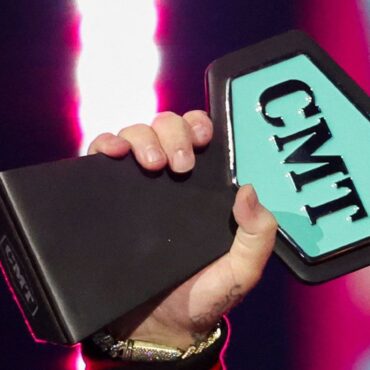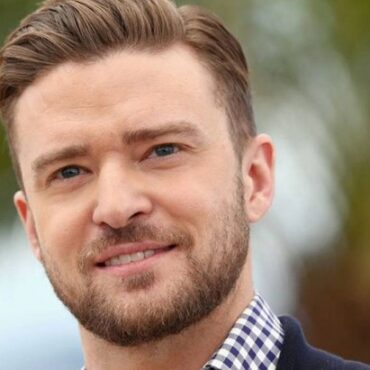chevron_left
-
play_arrow
NGradio So good... like you
Bruno Mars And Mark Ronson’s ‘Uptown Funk’ Faces (Yet Another) Copyright Infringement Suit

share
close
The three women of the 1970s rap group The Sequence have sued Bruno Mars and songwriter Mark Ronson, claiming the Grammy-winning hit song, “Uptown Funk,” violates the copyright of the trio’s 1979 single, “Funk You Up.”
In 2016, “Uptown Funk” was certified “diamond” by the Recording Industry Association of America (RIAA), signifying at least 10 million copies sold. It is only the 13th song recognized with diamond level status by the RIAA, and more recent estimates put record sales around 17 million.
The Sequence’s “Funk You Up” isn’t some obscure B-side tune, either, by the way; it was the third rap song in history to appear on Billboard’s Top 50 Singles.
According to TMZ, The Sequence’s complaint against Mars and Ronson claims that “Uptown Funk” has “significant and substantially similar compositional elements” to “Funk You Up.” Cheryl Cook, Gwendolyn Chisolm, and Angie Brown Stone are seeking monetary damages from Mars and Ronson.
The Many Lawsuits Involving “Uptown Funk”
Since its release in 2014, “Uptown Funk” has been in the legal system almost as much as it’s been played in dance clubs.
In September 2017, Lastrada Entertainment, owner of the copyright of Roger Troutman and Zapp’s “More Bounce to the Ounce, ” sued Ronson, claiming “Uptown Funk”—especially the first 48 seconds with its repetition of the word “doh”—crosses the line into infringement.
In 2016, Minneapolis funk band Collage sued Mars and Ronson, claiming “Uptown Funk” was “indistinguishable” from their 1983 song, “Young Girls,” and in 2015, Ronson added members of The Gap Band as songwriters of “Uptown Funk” after a lawsuit on their behalf involving “Oops! Upside Your Head” settled out of court.
The Rise of “Music Plagiarism” Claims
“Music plagiarism” has become a buzz phrase in intellectual property circles in recent years, particularly as digital music sampling has become exceedingly common. The term is now interchangeable with “music copyright infringement,” though such claims are nothing new to the recording industry. The Music Copyright Infringement Resource tracks the earliest case to “The Cot Beneath the Hill” trial in the Southern District of New York in 1844.
The most famous recent example, of course, involves the $5.3 million jury award to the family of Marvin Gaye over the hit song “Blurred Lines” by Pharrell Williams and Robin Thicke. That 2015 verdict is currently on appeal.
Proving Copyright Infringement
Under the law, many aspects of a musical composition can be copyrighted, including melody, lyrics, rhythm, and chord progression, so long as the creation reflects a “minimal spark” of creativity and originality.
To prevail on a music copyright infringement claim, a plaintiff must show that the defendant had access to the plaintiff’s song and that the two songs have “substantial similarity.” The latter is judged through the “ordinary observer test,” which asks whether an ordinary observer would find the songs to have substantial similarity.
And what all that means in layman’s terms is that there is no bright line rule to determine whether infringement has occurred. Instead, the judge or jury may consider various factors, including the creative process behind the allegedly infringing song as well as expert testimony, in reaching a decision.
Usually, if a music copyright infringement case makes it to trial (which is rather rare, as most claims are settled out of court), it is up to the jury to decide, which is what occurred in the “Blurred Lines” case.
Just how blurry are the lines between “Uptown Funk” and “Funk You Up?” So far, neither Ronson nor Mars has commented publicly on the lawsuit.
Source: forbes.com
Written by: New Generation Radio
Rate it
ΔΗΜΟΦΙΛΗ ΑΡΘΡΑ
COPYRIGHT 2020. NGRADIO




















Post comments (0)